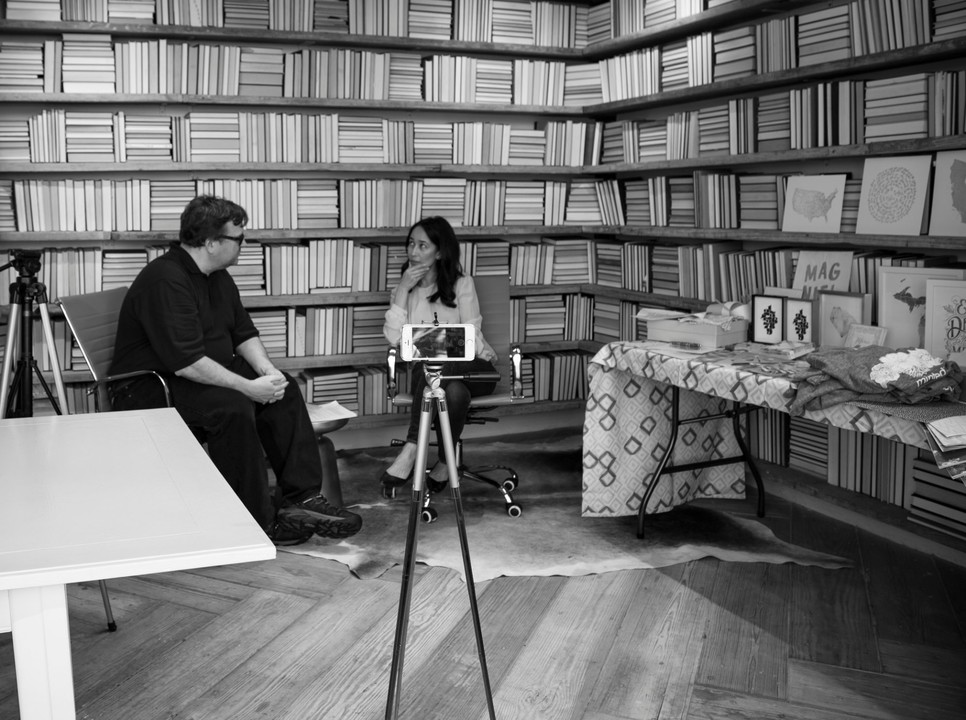
Why You Need To Raise More Money Than You Think You Need
Entrepreneurs should always raise more money than they need, so they can plan for the unforeseeable. That includes anything from a stock market crash or outlandish expenses to an opportunity you couldn’t predict in a market that didn’t exist when you started out.
This week's episode of Masters of Scale — the new audio series I host — focuses on the complicated and messy relationship between raising money and managing risk. Raising more money than you think you need so you can blitzscale your business—sacrificing efficiency in favor of speed—can feel risky and uncomfortable. But it many cases, it gives you the best chance to succeed.
As you listen to the episode, I’d love to hear how the stories and ideas map against your own. Have you faced down unexpected, outlandish expenses? Weathered a brutal economic downturn? Happened on your “real” business model a bit late in the game? Did you raise too much or too little money? Share your own tales of scale here on LinkedIn, or elsewhere on social, and share them with us using #MastersofScale so we're sure to see them.
In the conversation I had with my friend, successful serial entrepreneur Mariam Naficy of Eve.com and Minted, you'll hear about how she pursued both extremes of fundraising. During the dot com boom, she raised $26 million for Eve.com so that she could outspend her competition. Listen to this audio clip to hear the beginning of her toughest negotiation (It will make you laugh):
For her second startup, Minted, the crowdsourced marketplace for designers, she deliberately set out to start a small, stable “lifestyle business” with a little money from her friends. What she discovered along the way was the risk of being conservative (Fast forward: Minted is now a 9-figure revenue company with 350 employees. Not exactly a lifestyle business…)
As a venture capitalist at Greylock Partners, I look for founders who will take on huge risk to succeed, but who also understand the importance of managing those risks intelligently. You have to anticipate and prepare for repeated failure in order to succeed. I'm backed up in this philosophy by Nobel Prize-winner Daniel Kahneman, who joins the podcast to share his and Amos Tversky's concept of the planning fallacy.
According to Kahneman, most plans fail, and most projects experience cost overruns. But even if you don't know what's going to cause that cost overrun, you can still use analysis to project its likely size and plan accordingly. Or, you could just follow Mariam's rule of thumb, and “Act like you've got half as much money.”
Starting a company is like jumping off a cliff and assembling an airplane on the way down; if you run out of money for the fuel and parts you need to get airborne, no one will care how efficiently you spent it along the way!
Listen to the second episode of Masters of Scale, “The Money Episode,” and then share your own tales of scale with us via a status update or an article of your own on LinkedIn using #MastersOfScale.
MBA | MEng | FCA | M.I.T., Uni. of Cambridge | Innovation | Learning | Strategy | Finance | Marketing | Media & Entertainment | Technology & Engineering | WPP, Omnicom Media, BBC Digital, Hitachi Tech, Apple HETV+, PwC
6yFor small companies, in my experience, three things are critcal: ideas, a good sell, and cashflow! That said great article - relevant to those that have already proved the product / service works, and got at least some market acceptance / customer support.
General Partner of EINTAC L.P. Community Growth Firm. Ambassador for Daymond John / Sponsored by Robinhood.
6ywww.jobsatintegral.com
Te ayudo a comenzar tu Transformación Digital con HOSTING, DOMINIO y CORREO CORPORATIVO!
6yMost entrepeneurs never calculate real marketing expences so they end up running out of money very soon.
General Manager and Head of Safeth.io Africa Division at Safeth.io and founder FreetownPay
6yMy name is Mustapha Cole,Native and resident of Sierra Leone West Africa as i am doing a backpack Business.I need and idea on how to get Dubai Angel Investors
Managing Partner at BOSIRE ONGERI & CO CPA
6yOne needs to do research on any business s/he wants to start and identify the risks and how to mitigate them if they come by having enough resources to leverage on them. Otherwise it will be a false start